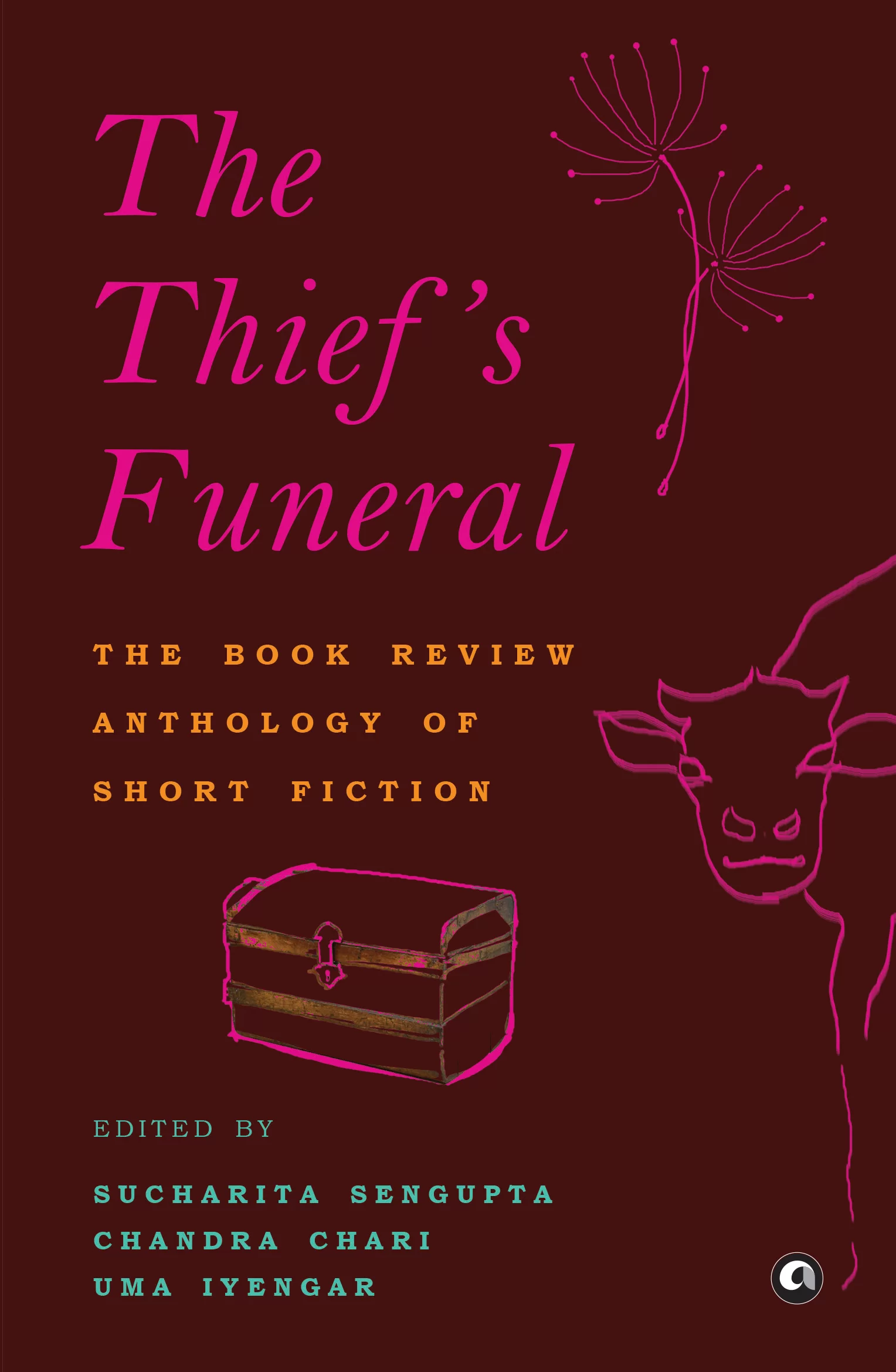The Thief’s Funeral
1. Sucharita Sengupta teaches Political Science at Jamia Millia Islamia, New Delhi. Born in Ludhiana, brought up in Chandigarh, she completed her education from Lady Shri Ram College and Jawaharlal Nehru University, New Delhi. She has previously worked with the Indian Express, the Energy and Resources Institute, and University of Pennsylvania Institute for the Advanced Study of India, New Delhi. Her areas of interest include climate change, urbanization, and gender. She continues to have an abiding interest in all things literary. 2. Chari has an MA in Ancient Indian History from the University of Delhi. She is one of the founder editors of the Book Review and has been chairperson of the Book Review Literary Trust since 1989. She is a freelance journalist and has published articles in national dailies and journals. She has edited two volumes on international relations and politics and contributed articles to several edited volumes on reviewing and publishing. She is a member of the Indian Women’s Press Corps and a translator. She has translated from Hindi into English all of Jawaharlal Nehru’s speeches for the Selected Works of Jawaharlal Nehru. 3. Uma Iyengar, founder editor, the Book Review, and trustee/secretary, the Book Review Literary Trust, has co-edited with Dr S. Gopal the Essential Writings of Jawaharlal Nehru, edited The Oxford India Nehru, and co-edited with Lalitha Zachariah Together They Fought: Gandhi-Nehru Correspondence. She is passionate about books and bonsai. ... Read more Read less
In Search of the Indian Village: Stories and Reports captures the essence of rural India through the country’s finest short fiction, commentary, scholarship, and reportage. In ‘The Blue Umbrella’, Ruskin Bond weaves a heart-warming tale of friendship set in a quaint Himalayan village. ‘Seed’ by Mahasweta Devi is a searing account of the hierarchies of caste while Vijaydan Detha’s ‘Countless Hitlers’ describes a violent race for power on a village road. Through raw and clear-eyed reportage, P. Sainath presents a fascinating motley of characters from the countryside, amongst them a ‘man-eating’ landlord, illicit distillers, and organizers of cockfights. Amitava Kumar’s ‘The Rat’s Guide’ explores the ties between diet and identity in the heartland of Bihar. Taken together, the pieces in the anthology bring to the fore the complex and vast tapestry of lived experiences that make the Indian village.











